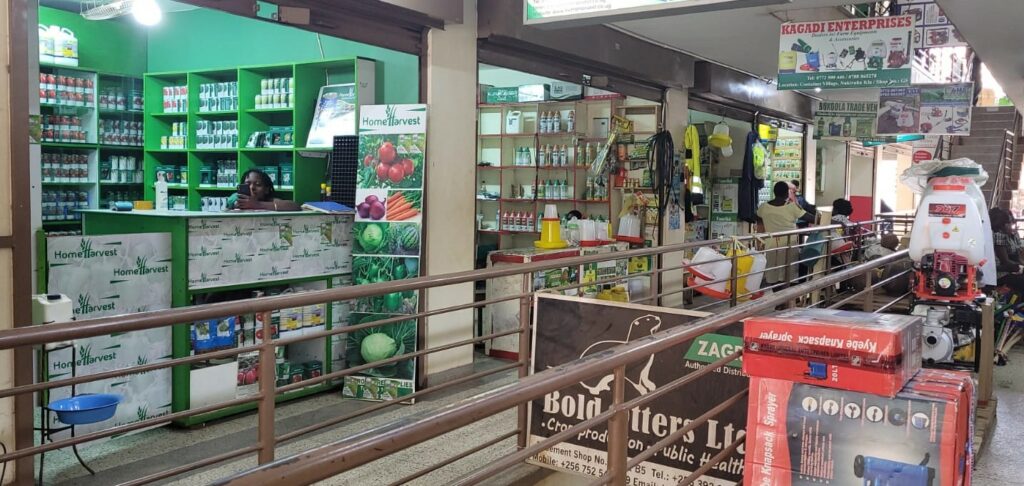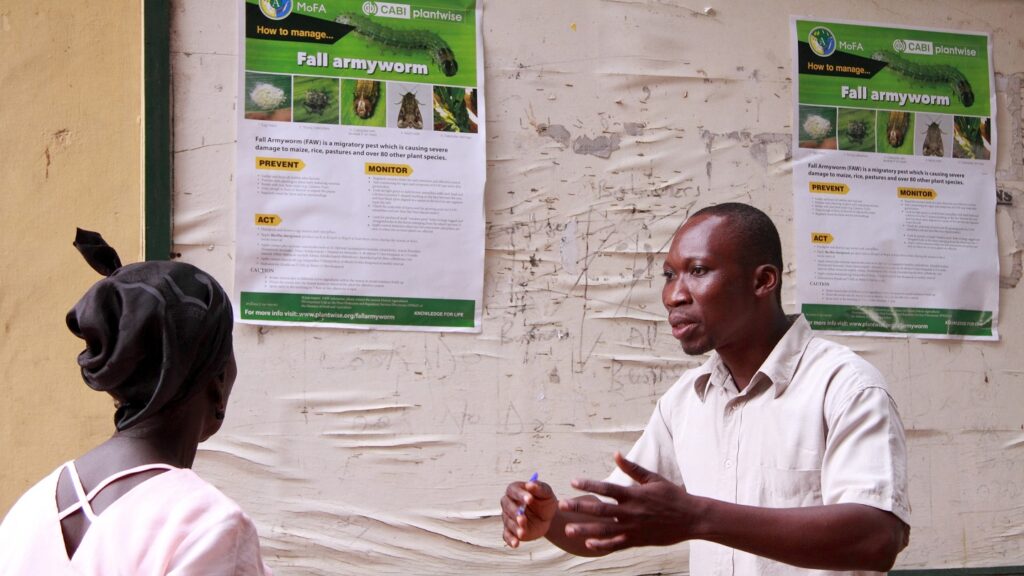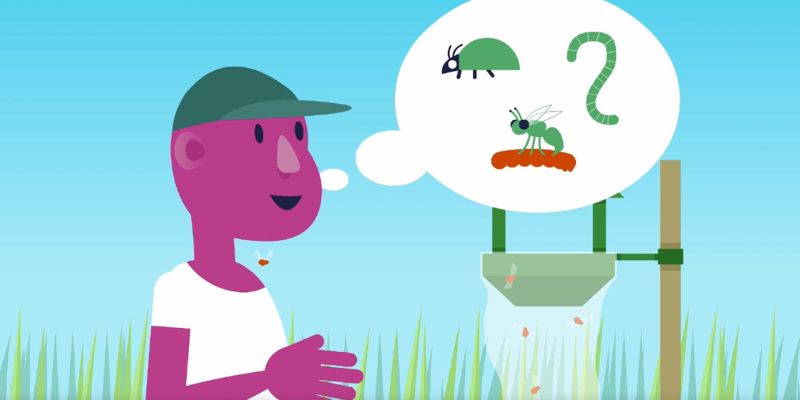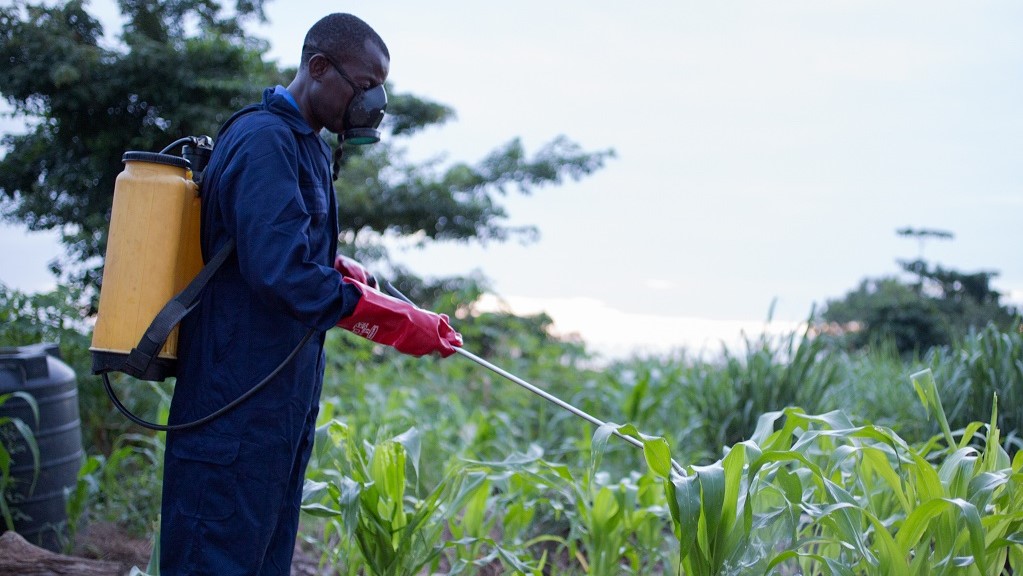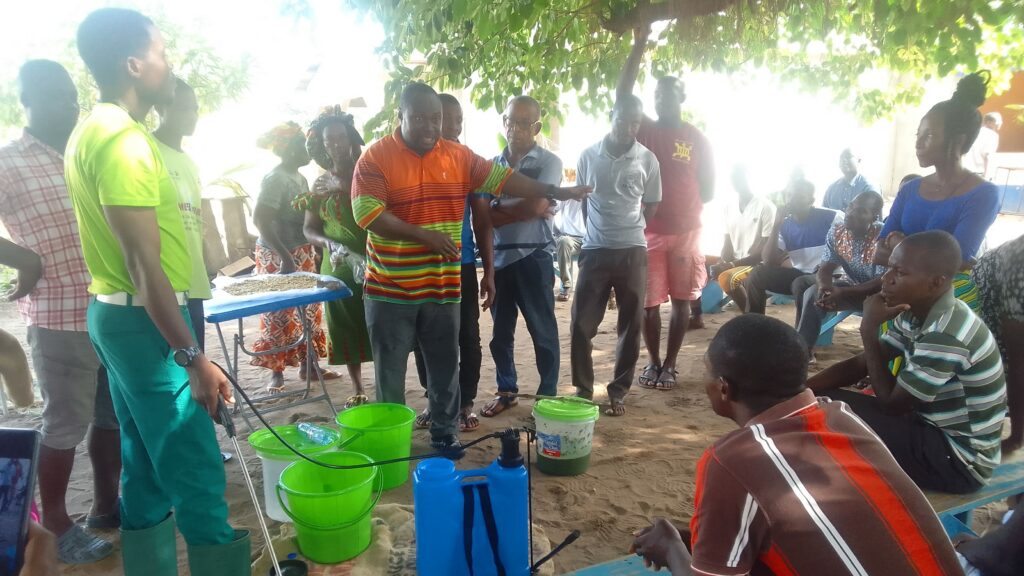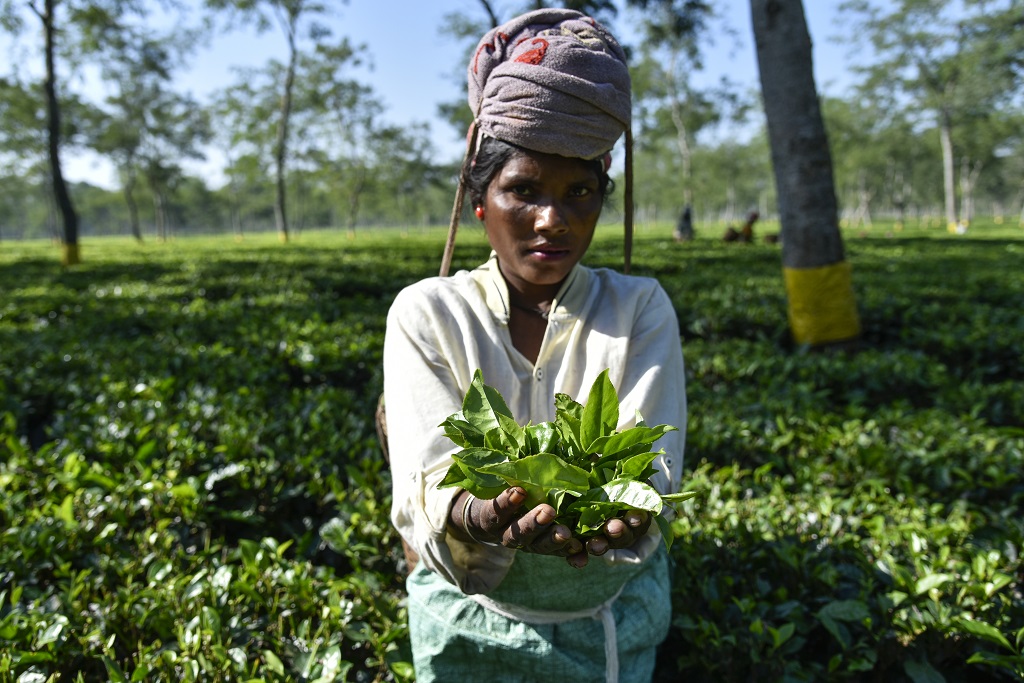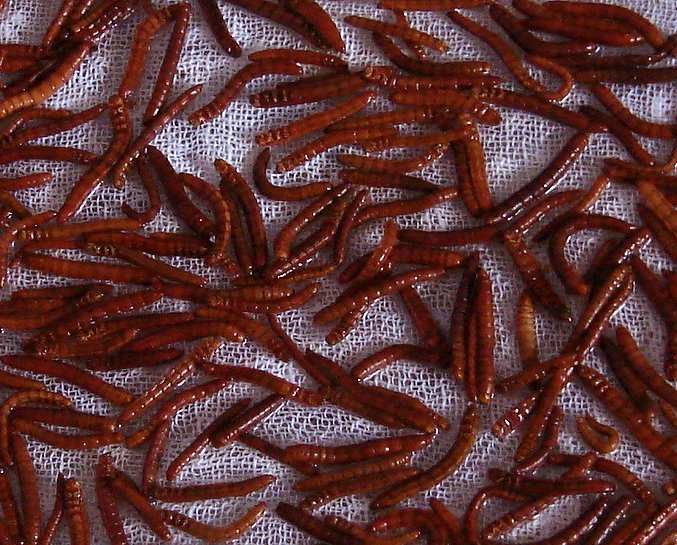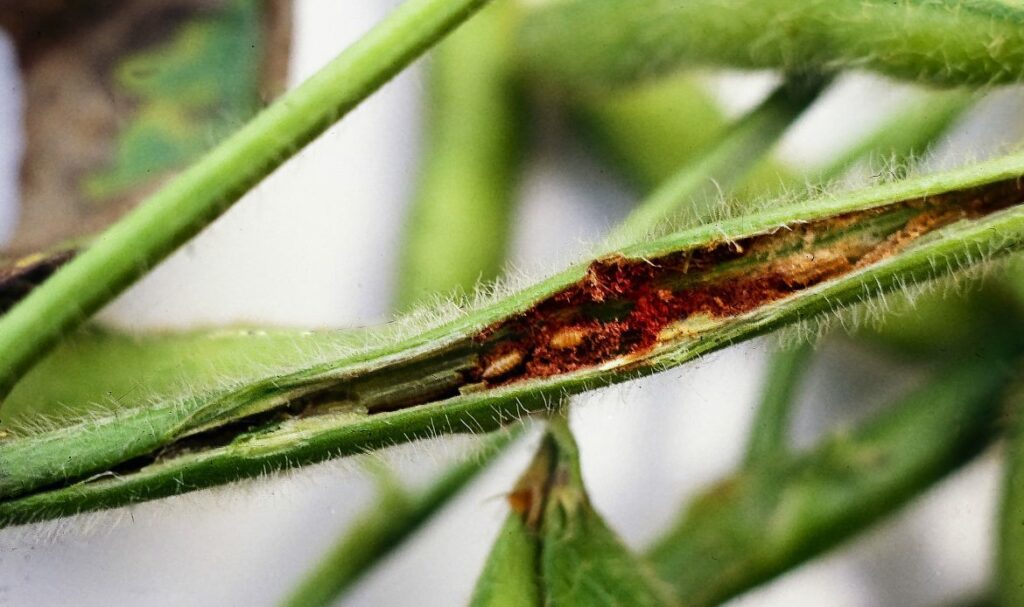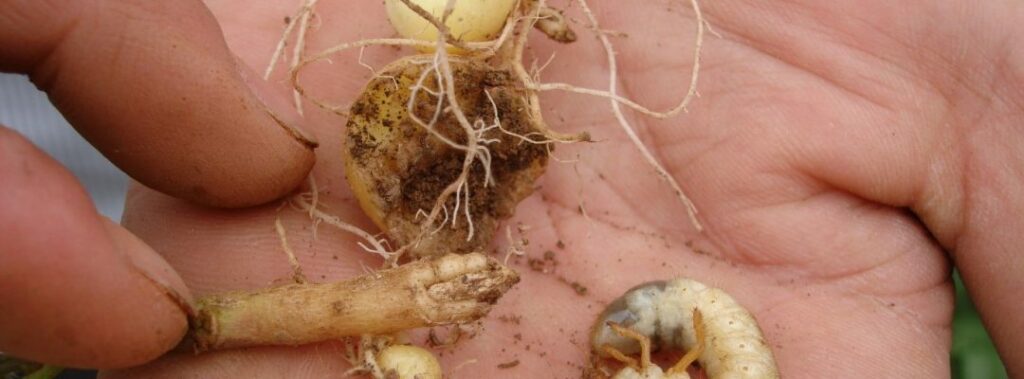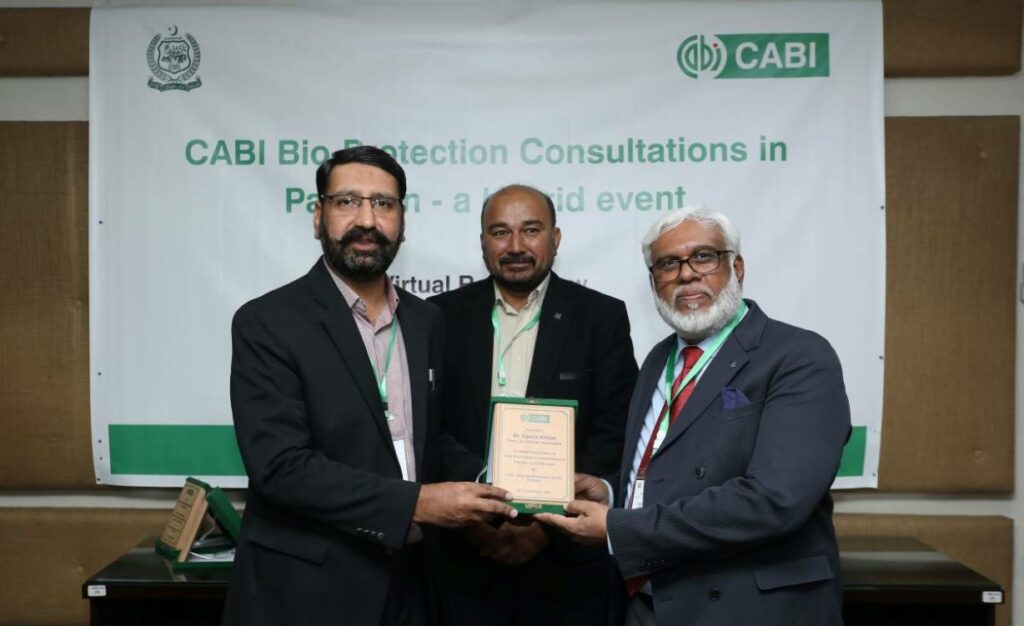Can Uganda’s agro-dealers become champions of sustainable pest control?
The global surge in pesticide use has helped to increase agricultural productivity. However, it has also raised alarms about the risks they pose to health and the environment. In many low- and middle-income countries, agro-input dealers (commonly called agro-dealers) play a central role in supplying farmers with inputs such as fungicides, herbicides and insecticides. They…
CABI study unearths important lessons for the fight against fall armyworm
A study by CABI contributes important knowledge on fall armyworm (Spodoptera frugiperda). CABI’s research findings suggests that employing more sustainable and environmentally friendly solutions could help mitigate the damaging impacts of the species.
New bioprotection course paves the way for a more sustainable agricultural landscape
CABI Academy‘s latest course, Introduction to Bioprotection Products, enables agricultural service providers to equip themselves with the knowledge and skills to support smallholder farmers using bioprotection products. Bioprotection, also known as biocontrol, is a more sustainable approach to pest management. Unlike conventional chemical pesticides, bioprotection products are derived from natural sources, making them a safer…
How young people are bringing nature-based solutions to farmers
Young spray service providers are changing environmental protection and food safety by offering natural alternatives to chemical pesticides. They’re changing farmers’ minds about the types of pest control they use. In this blog, we look at PlantwisePlus training in pesticide application and how the programme supports young people – the future of safer and more…
Pesticides in tea: How can we manage tea pests more naturally, avoiding harmful chemicals?
On International Tea Day, we look at how we can reduce pesticides in tea. Tea is the second most widely consumed beverage in the world, after water. It’s estimated that people drink around three billion cups every day. But tea plantations are under threat from pests, and farmers must find effective ways to stop them.…
Bean fly – how to recognize, prevent and manage this common legume pest
This article was originally published on the CABI BioProtection Portal blog. Visit the original blog post here. Bean fly is a destructive pest of most food legumes, particularly common bean, cowpea, mungbean, blackgram, lima bean and soybean. Symptoms include yellow areas on leaf surfaces, leaf drop, lined marks on leaves and swollen and split stems.
Selecting the right biopesticide or biocontrol product for your needs
This article was originally published on the CABI BioProtection Portal blog. Visit the original blog post here. Choosing a biopesticide or biocontrol product for managing a pest is about asking the right questions. Below we have compiled a simple list that will help you make the right choice, with the CABI BioProtection Portal to support and guide you.
Bio-protection roadshow promotes low-risk plant protection products in Pakistan
Agriculture continues to face new and complex challenges. Not only do these affect agricultural production, but also basic and applied agricultural research and education. One key area of concern is the increasing threat from plant pests and diseases, made worse by climate change and environmental degradation. Farmers often turn to chemical pesticides to protect their…

